Elizabeth Zelvin
A few weeks back, Sandy Parshall used the expression “getting lost in a good book” in her blog post about the joys of suspenseful reading. It set off a train of association for me about how that happens and how it feels. As a mental health professional, I can tell you that the psychological phenomenon involved is dissociation. Getting lost in a book or movie, along with the long-distance driver’s road trance, is at the mild end of the same spectrum as dissociative identity disorder: the extreme condition that used to be called multiple personality. While it’s certainly not pathological, getting lost in a book produces the same effect of coming to with a jolt from a world that made the one you’re actually in vanish completely. There’s the same sense of having been somewhere else and having no idea how much time has passed.
Sandy also mentioned how sorry she is for people who miss this pleasure because they don’t read. A similar discussion was going on at the same time on DorothyL, triggered by some mystery writers’ experience of strangers—obviously not fans—who email or come up to them to announce that they only read non-fiction or that they only read the Bible. For me, it takes fiction—a story—to sweep me away that completely. My husband is a history buff and inveterate non-fiction reader. He’s always trying to involve me in his reading. He’ll chuckle aloud and say, “Listen to this!” as a preface to telling me some priceless tidbit about Napoleon or Frederick the Great. (When Death Will Get You Sober comes out, you’ll see I borrowed this trait for one of my characters.)
The standard answer to that or any other interruption in our house is, “Shush! I’m reading my bookie.” “Bookie” is our private baby talk for genre fiction, a novel on the light side of what the Brits call “a good read”—a story absorbing enough to sweep the reader away. It goes with teddy bears and cuddling up to read. My husband sometimes complains that it’s not fair to shush him, since I don’t always refrain from talking to him while he’s reading. But the truth is that he’s more willing to be interrupted when he’s reading serious history or something dense and weighty like a book by John McPhee. He’s absorbed, but not to the point of dissociation. I’ve noticed that when he lightens up enough to pick up a mystery, science fiction, or fantasy, he too says, “Shush! I’m reading my bookie.”
What lures me most intensely into an alternate world? While I read more mysteries than anything else, they were not the first books that sprang to mind. Historical fiction with endearing characters and a dollop of romance and fantasy can do it. I remember the pleasure of reading Diana Gabaldon’s Outlander for the first time. It utterly pulled me into the 18th century. Dorothy Dunnett’s Lymond books take me just as thoroughly to the 16th century. Come to think of it, Lois McMaster Bujold’s Miles Vorkosigan series, set in the galactic future and on an old-fashioned planet within it, does the same. The common elements are lovability and a touch of romance, combined with highly intelligent writing, brilliant characterization, and superb storytelling. Of course, there’s plenty of that in mystery too. I don’t want to come back from Judge Deborah Knott’s North Carolina or Mary Russell and Sherlock Holmes’s England (and points east and west) either. So shush! I’m reading my bookie.
Thursday, April 5, 2007
Getting Lost in a Good Book
Subscribe to:
Post Comments (Atom)




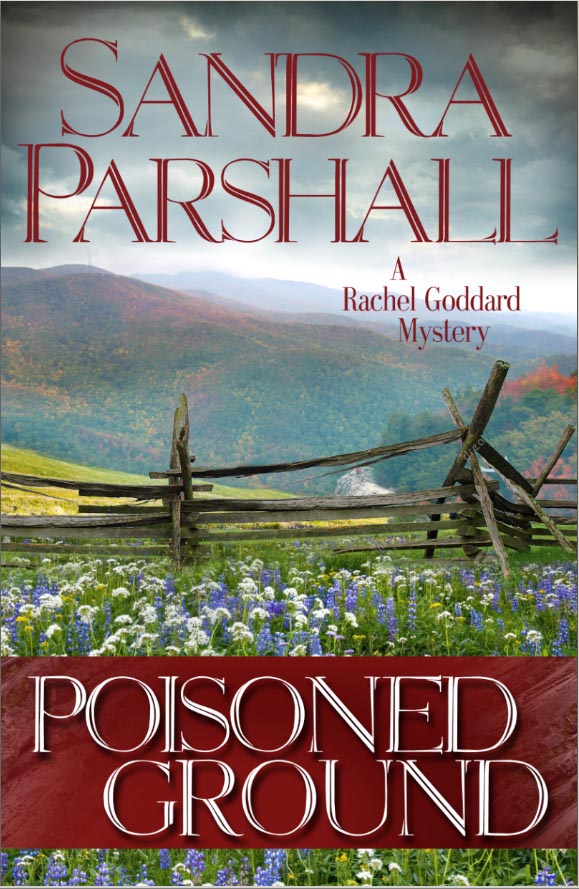
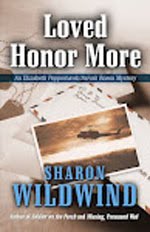
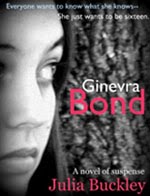
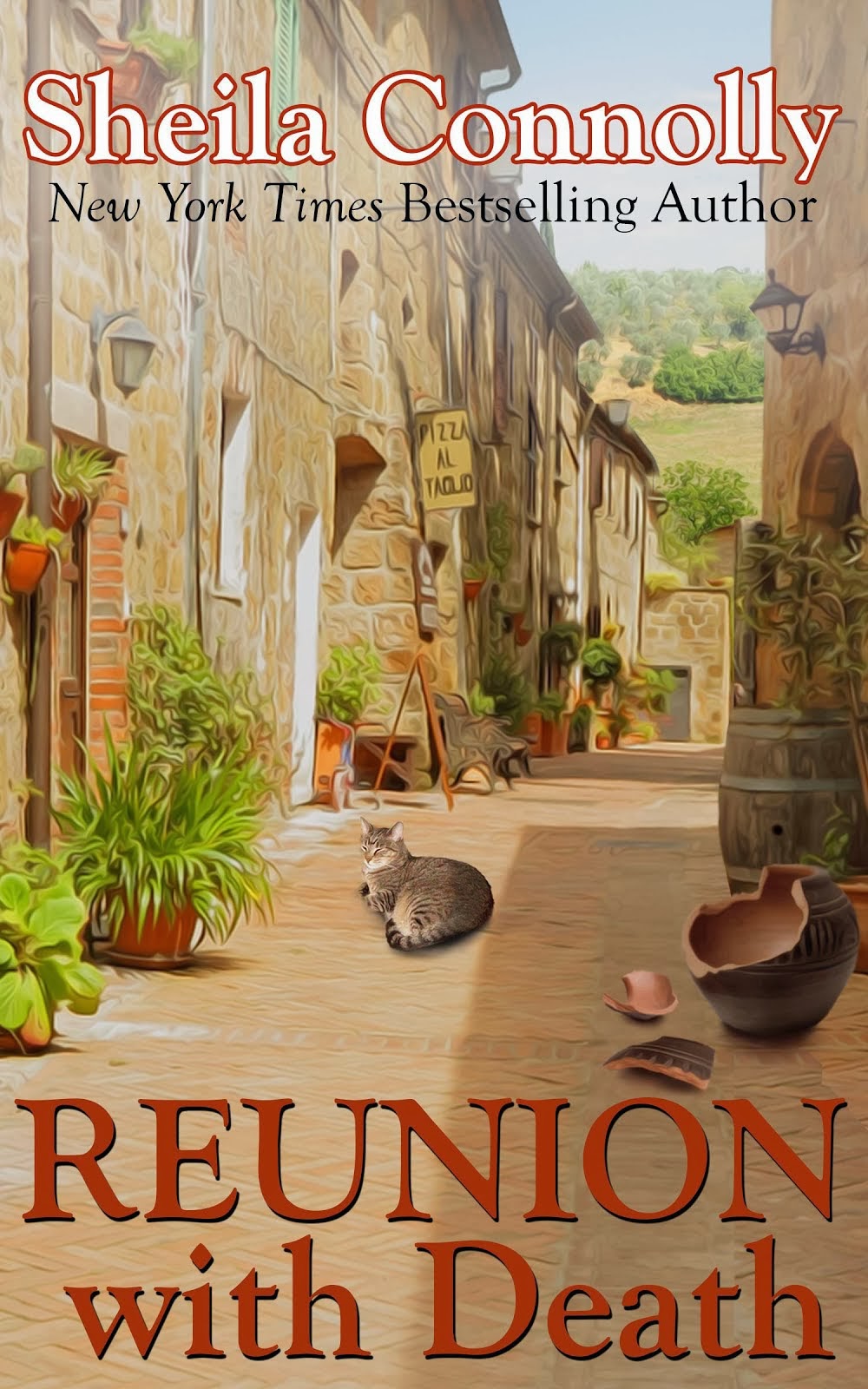
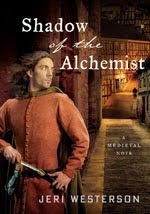

1 comment:
A good book does the same for me, takes me into another world. And I DO disassociate from my surroundings! Didn't realize that! Great post, Liz.
By the way, if historical mystery with a bit of romance does it for you, give Suzanne Adair's PAPER WOMAN a read. I think you'll love it.
Post a Comment